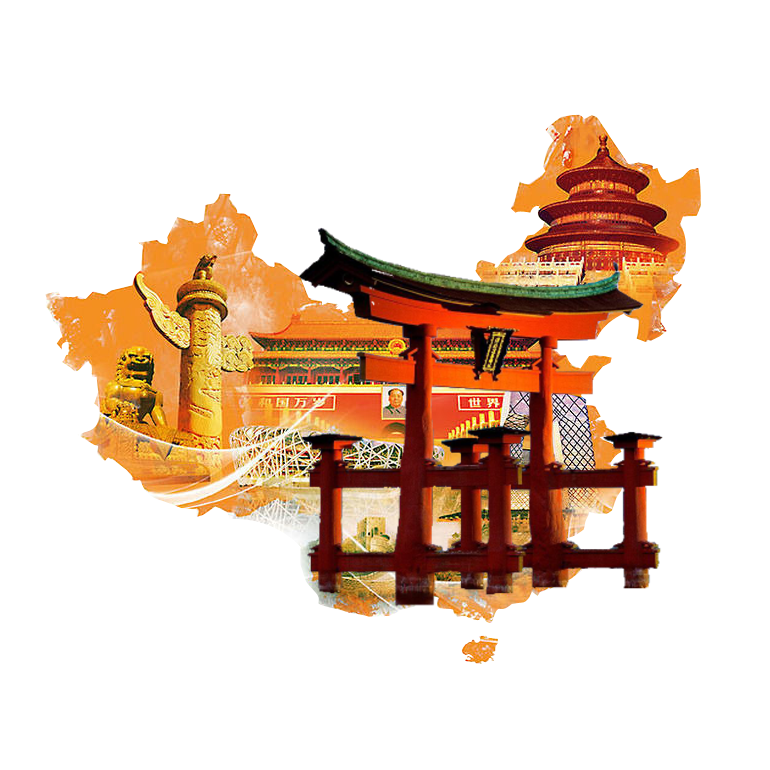Immigrants in China
China is home to a large number of immigrants, both legal and illegal. The country has been experiencing an influx of immigrants from neighboring countries such as Vietnam, North Korea, and Myanmar, as well as from African countries such as Nigeria and Ethiopia. In recent years, China has also been attracting highly skilled professionals from around the world to work in its expanding economy.
The Chinese government has a strict immigration policy and has been tightening its regulations in recent years. It is difficult for foreigners to obtain permanent residency in China, and most immigrants are required to have a work visa or a student visa. The government has also been cracking down on illegal immigration, and many undocumented immigrants have been deported in recent years.
The treatment of immigrants in China has been a subject of controversy. While many immigrants have found success in China and have been able to integrate into society, others have faced discrimination and racism. The Chinese government has also been accused of mistreating refugees and asylum seekers, particularly from North Korea.
Overall, the situation for immigrants in China is complex and varies depending on factors such as nationality, legal status, and socioeconomic background.
In recent years, China has made efforts to attract more highly skilled professionals from around the world to work in its economy. The government has launched several initiatives such as the "Thousand Talents Plan" to recruit top scientists, researchers, and entrepreneurs to help drive economic growth and innovation in the country. The plan offers various incentives such as research funding, access to state-of-the-art facilities, and permanent residency for eligible applicants.
Despite these initiatives, the process of obtaining a work visa in China can still be challenging for many immigrants. In addition to strict regulations, there is also a language barrier, cultural differences, and high competition for jobs. Many immigrants also face challenges in finding affordable housing, healthcare, and education.
In terms of social integration, immigrants in China often face discrimination and prejudice. Some Chinese people view foreigners as a threat to their culture and identity, and there have been cases of verbal and physical attacks against immigrants in the country. Moreover, the Chinese government's strict internet censorship policy and limited access to social media platforms can also make it difficult for immigrants to connect with locals and other expats.
In conclusion, the situation for immigrants in China is complex and varies depending on factors such as nationality, legal status, and socioeconomic background. While the country has made efforts to attract highly skilled professionals, there are still challenges in obtaining work visas and integrating into society. Additionally, discrimination and prejudice against immigrants continue to be a problem in some parts of the country.

